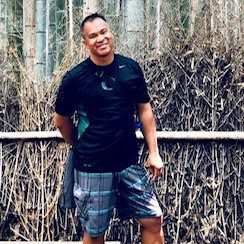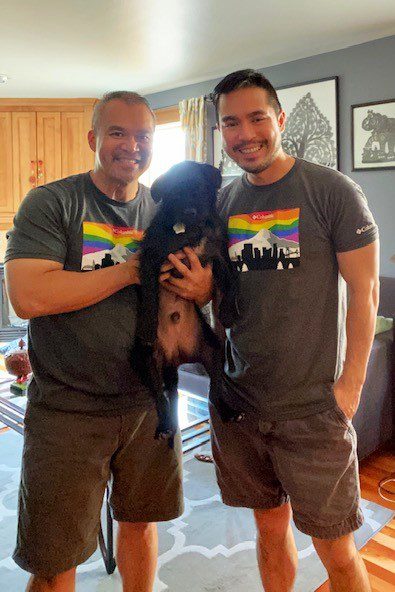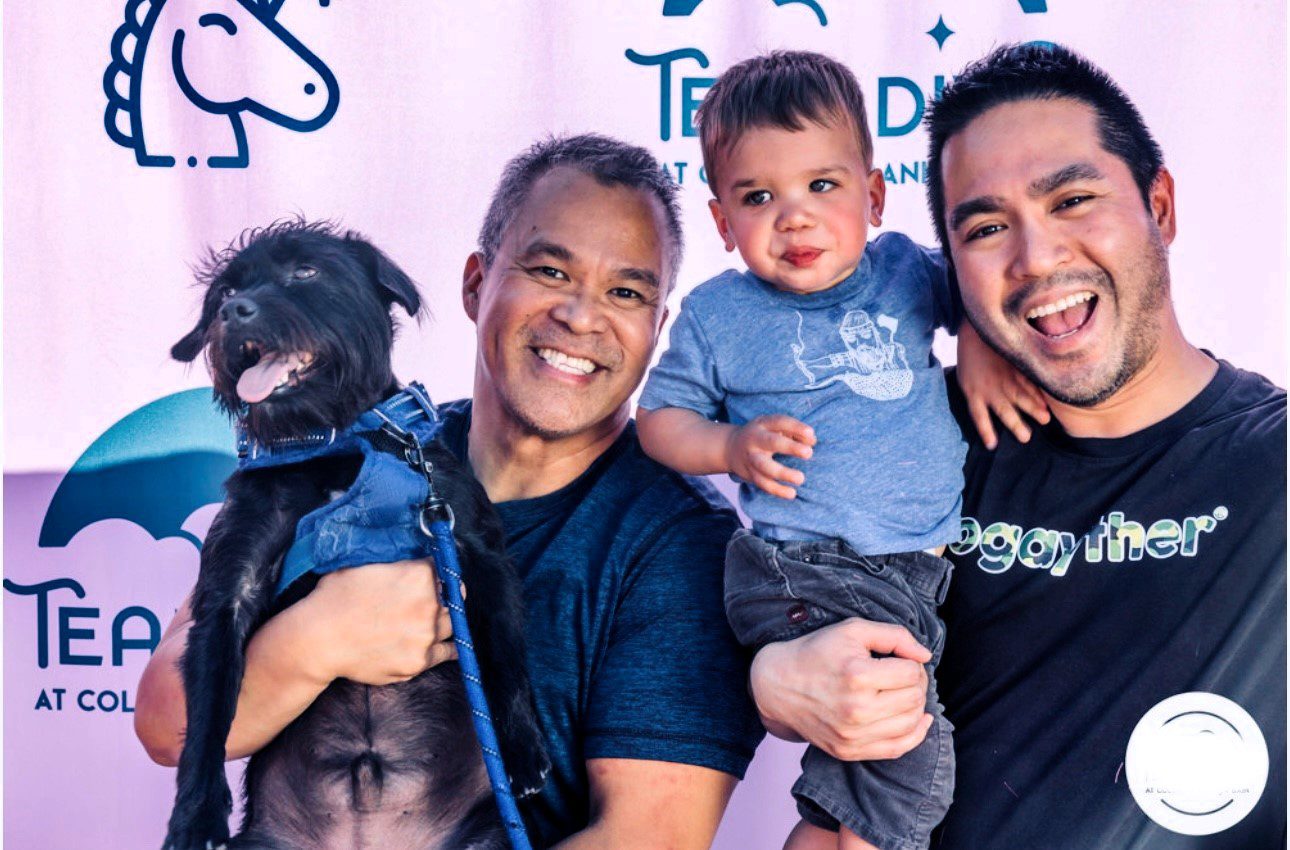
What is your role at Seattle Human Services?
I am a member of the Quality Assurance Team (QAT) as a Senior Quality Assurance Analyst (SQAA) in the Business Operations unit of HSD. Our team is responsible for ensuring good stewardship of public funds through internal and external monitoring. QAT’s goal is to provide business quality assurance; strengthen internal controls; provide advisory services; and make recommendations that positively impact the populations that HSD serves.
As a SQAA, I perform annual fiscal reviews of subrecipient agencies to ensure proper stewardship of funds and contract/grant compliance, as well as annual review and assessment of agency 990 forms and audit reports. SQAA’s also lead internal reviews and special projects, provide technical assistance to Quality Assurance Analysts (QAA), perform financial analysis as part of the program funding process, and serve as subject matter experts on internal controls and financial policies/procedures for HSD.
What made you want to work in human services?
I have left City employment several times, but I have been fortunate that HSD has always welcomed me back. I have always valued my time at HSD, learning about partner agencies and the services they provide and their impact on the communities they serve. It is rewarding to be aware that there is validation in the work we do, and in a small way, I like to think that I (we as a collective) contributed to the success of HSD and our partner agencies.
How has your job changed in recent years?
I have had three different stints over my 20+ career with HSD, with its many evolutions over the years. I started out as a work-study employee with the Child Care Food Nutrition Program and Human Resources eons ago. Since then, I have held various roles with Grants Management, Accounting, and what is now called Office of Housing. And, of course, with QAT as a SQAA for the past 14 years.
The SQAA position hasn’t changed as much because of the many standards and regulations with financial compliance, monitoring, and auditing. I started as the only staff member doing this work for 6+ years; then, in 2015, a second person was added until the creation of QAT in 2018, though it was called the Risk Management Unit then. Both position and unit have been rebranded several times, but if it is a duck, then it will remain a duck regardless of what you call it. What has been more fascinating is that I have had 19 supervisors/managers/directors that I have reported to. It’s been an adaptive process to educate and share expertise with many who may not necessarily understand the subject matter.
What do you love about your job?
I thrive in a workplace setting that is professional and fosters independence, growth, teamwork, relationship building, and transparency. HSD also gives me the space to learn and figure it out within the guidelines to achieve the goal wanted. The QAT, as it is now, allows me to function well in that space where the team is moving in a synchronized motion creating a successful dynamic, where each of us contributes to that success.
How do you contribute to HSD’s overarching goals related to racial equity?
On a personal level, as an immigrant and a part of the BIPOC community, my philosophy on racial equity is to be inclusive, flexible, and open-minded and involves having these interplay with one another to achieve that sense of belonging and creating an impact as a consensus:
- Respect: culture, work, contributions
- Awareness: acknowledge ideas and creativity
- Tolerance: ability to see differences, yet still work with one another
At HSD, contributing to its goals on racial equity is multi-layered.
- With partner agencies, although indirectly and as much as I can, I try to address low hanging barriers they are addressing by providing technical assistance on how to be competitive within our funding processes.
- As a staff member and an Asian-Pacific Islander caucus member, I encourage others to get involved and participate in funding processes, hiring processes, and to develop relationships with other caucuses to keep others accountable and informed.
What motivates you or keeps you going?
There are many motivators! My spouse, Michael; my dog, Tito; family, friends, food, coffee, financial stability, sleep, traveling, and seeing those I care about succeed and remain healthy.
Of course, there’s also cultivating personal relationships both internally and externally. I have a core group of folks here at HSD whom I consider friends outside of work. It also doesn’t hurt when you have a manager and colleagues that consider you an asset and value you as an individual and contributor.
What’s one piece of advice for HSD newcomers or recent graduates in your field?
Listen and learn. Be adept and understand your role and do it well. Don’t be afraid of asking questions and push boundaries as long as it is constructive and professional. Use a common-sense approach when recommending a solution or resolution and come up with a win-win scenario if it makes sense and has minimal risk or effect on those impacted.


